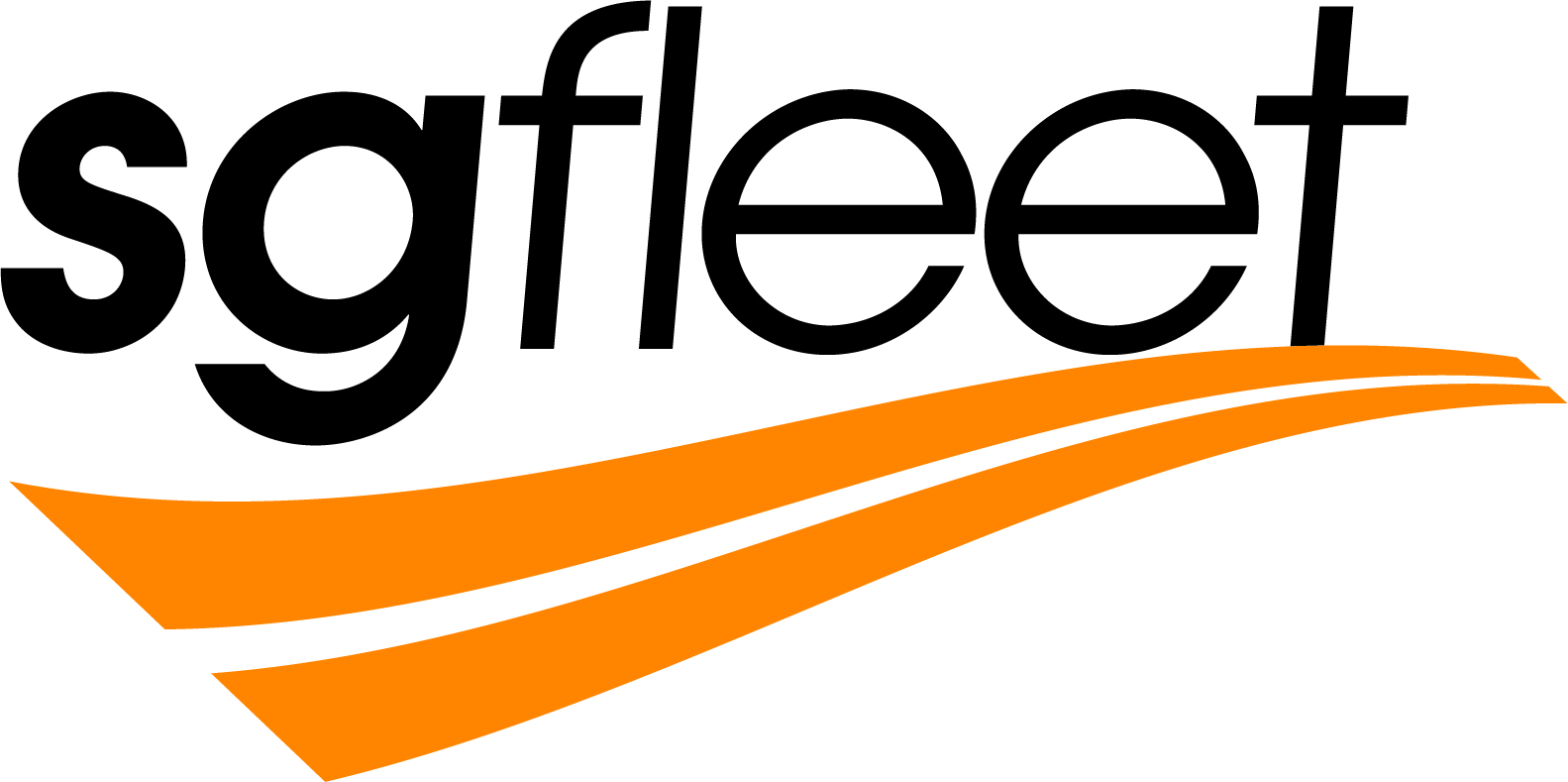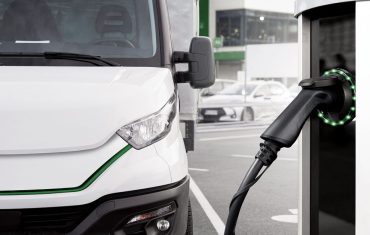
Driving change – engaging with a younger generation
For your employeesThe composition of Australia’s workforce is changing, not only through pandemic adjustments but also because of a generational shift. As the Baby Boomer generation graduates to retirement, their places are being taken up by younger workers, including many from a demographic known as Generation Z (or Gen Z).
While our workplaces and workforces change, so too do our employees’ motivations and expectations. For younger workers, their perceptions of ‘staff benefits’ and what constitutes sustainability differs wildly from past generations.
The ability to effectively engage with a younger generation of workers is an important skill for employers to have in their bag of tricks.
Who is Gen Z and what do they want?
Gen Z broadly includes people born between 1995 and 2002. Along with those known as ‘Millennials’ (people born roughly between 1981 and 1994), they form the largest living generational cohort on the planet.
Global consulting firm Deloitte completed an annual survey of more than 14,000 Gen Z and Millennials from over 45 countries in 2021. That report, The Deloitte Global 2021 Millennial and Gen Z Survey, covered a wide range of issues – most notably the coronavirus pandemic, given the timing of the survey being undertaken – and paints an enlightening snapshot of the attitudes and priorities of Gen Z:
“No group of people is homogeneous but… Gen Zs, on the whole, seem more persistent, more vocal, and more apt than others to question and even upset the status quo,” write the authors of the report.
“[This cohort isn’t] just resilient – they’re channelling their energies into holding themselves and others accountable. They’re the people most likely to call out racism and sexism, and to shun companies and employers whose actions conflict with their personal values.”
“It’s evident in their approach to everything from the pandemic to social justice – an approach that has real ramifications for employers, retailers, and every other organisation and institution.”
Gen Z and the workplace
The 2021 report found that an overwhelming majority of Gen Zs consider flexibility (40%) as the most important behaviour for success in business, way ahead of:
- Creativity (29%);
- Empathy (26%);
- Technological savviness (25%);
- A person’s level of expertise/proficiency in the role they were hired for (24%);
- Critical thinking (23%);
- Curiosity/growth mindset (20%);
- Inclusiveness (15%);
- The courage to change the status quo (15%);
- Values that align with those of our organisation (14%).
In general terms, Gen Zs tend to view businesses and corporations in a negative light but the Deloitte report shows such an attitude is slowly changing. Although 69% of respondents agreed with the statement that businesses ‘focus on their own agendas, rather than considering the wider society’ (the same result as in the 2020 survey), that number is down on previous years – 72% in 2018 and 71% in 2019.
Reflecting the expectations of many, Gen Z also has a degree of pessimism when it comes to the performance of the global economy from 2022 onwards. Forty percent of respondents expect things to worsen; an unsurprising attitude given the context of being surveyed during a pandemic but a sharp increase on previous studies (27% in 2018, 29% in 2019, and 30% in 2020).
Gen Z and society
The wellbeing of the environment, individuals and society as a whole is a priority for members of Gen Z.
Fifty percent of those surveyed by Deloitte cite employment and career prospects as their main source of stress, closely followed by their long-term financial future (48%) and the welfare of their families (47%).
Respondents placed climate change and protecting the environment (26%), unemployment (25%) and healthcare and disease prevention (21%) as the three most important issues in society today. Sixty percent of those surveyed fear that businesses will de-prioritise combating climate change in the wake of the pandemic.
Addressing income inequality is also a major concern among Gen Zs. Greed and the protection of self-interest (48%); laws, regulations and policies that favour business and the wealthy (42%); and levels of executive pay (40%) are seen as the three biggest factors in making it difficult for people “from certain backgrounds to achieve wealth”.
Not surprisingly, 60% of Gen Zs believe that systemic racism is widespread in society, with a further 55% seeing it as systemic in the media, the political system (52%) and police forces (51%).
Gen Z and sustainability
A 2021 Pew Research Centre poll found that 76% of Gen Zs believe climate change should be the top priority to ensure [a] sustainable planet for future generations. Thirty-three percent cite addressing climate change as their top personal concern.
Embracing sustainability also delivers tangible business benefits, writes Alexandra Cain in the Australian Financial Review: “The top three reasons businesses implement sustainable practices are to meet buyer expectations, achieve regulatory standards and improve their reputation.”
“Greater efficiencies, competitive advantages and higher sales are other reasons why sustainability is becoming top of mind for local businesses.”
Writing in Forbes, Greg Petro says that the vast majority of Gen Z shoppers “prefer to buy sustainable brands”, and are willing to pay up to 10% more on sustainably sourced and manufactured products.
In conclusion
To attract and retain high-performing Gen Z staff, climate change and sustainability, physical, emotional and financial wellbeing, and contributing towards improving social justice outcomes are the areas that need to be prioritised when designing employee benefit packages.
As a business, you can assure your viability moving forward by listening to the attitudes of Gen Zs. But not just listening; acting accordingly.
Want to know more about making moves towards sustainable mobility for future generations? Download our eBook
 Driving Insights
Driving Insights



